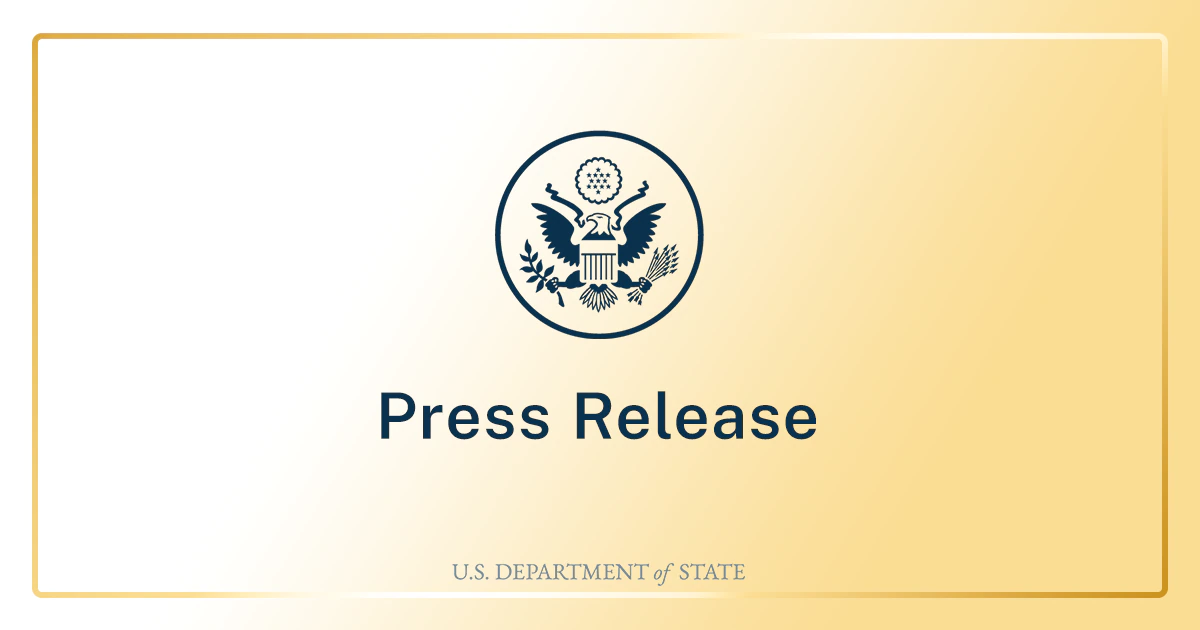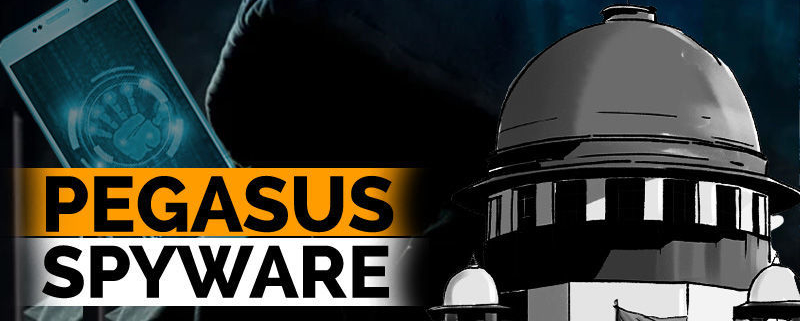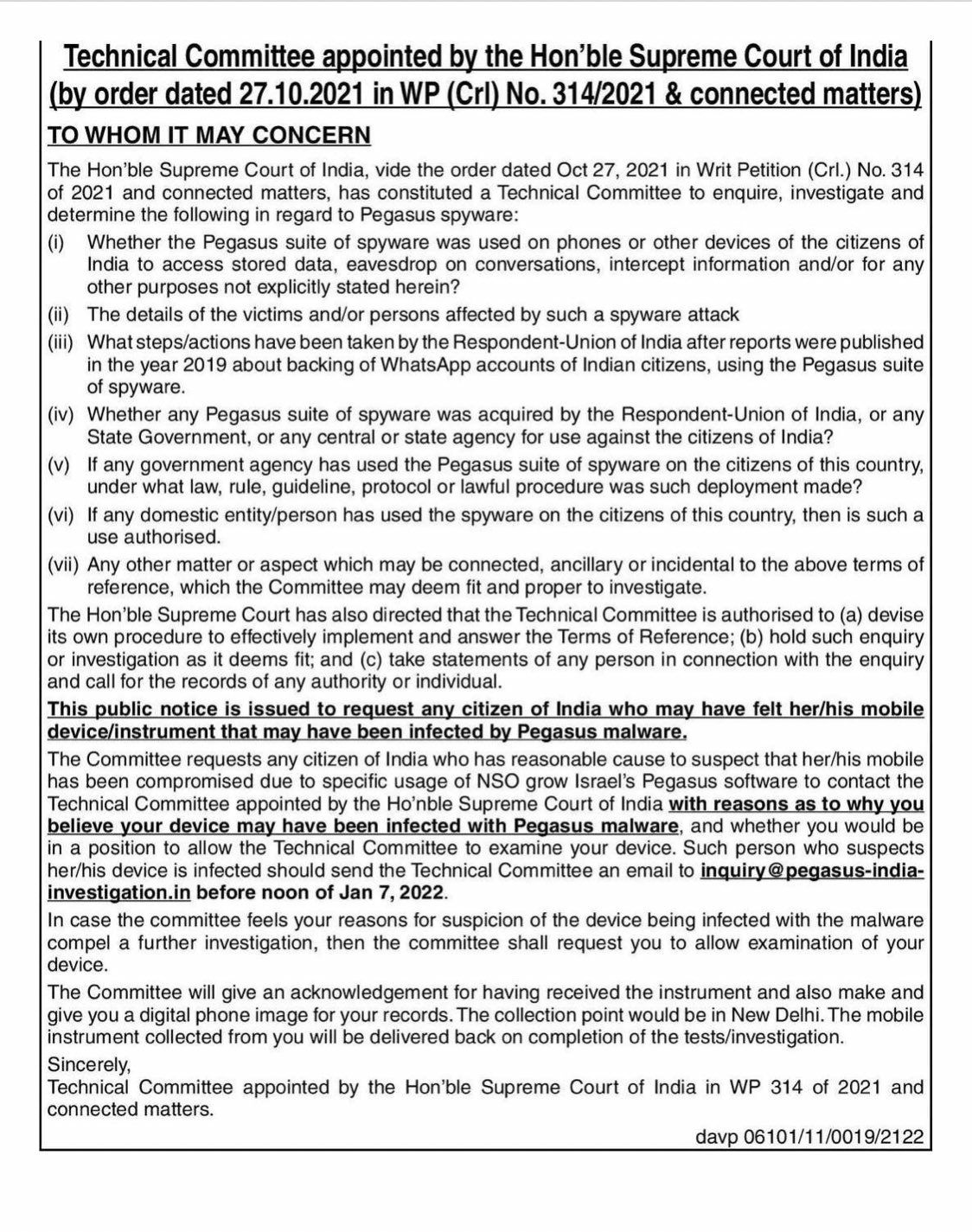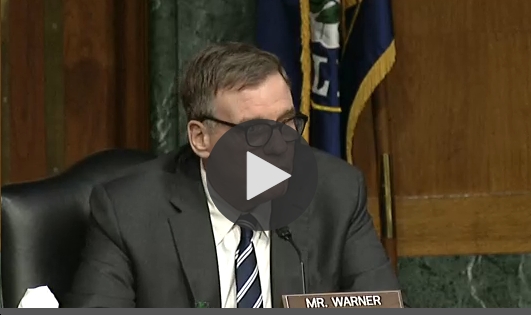Oh Canada. Not satisfied with a ridiculous plan to fine social media companies for ill-defined “fake news,” a Canadian Parliamentary Committee has come out with one of the most laughable copyright reform papers I’ve ever seen. And I’ve seen some crazy ones. I’d post the whole report here, but the report itself warns that doing so might violate its copyright, and really, how could the Parliament be incentivized to create fantasy stories masquerading as copyright reform proposals without copyright?
Michael Geist provides the bizarre background on the origination of this report:
The Canadian government announced its plans for a copyright review in December 2017, tasking the Standing Committee on Industry, Science and Technology with the review. That report has been in the drafting stage for several months and is expected before the summer. In an effort to dampen concerns that Canadian Heritage would play a diminished role in the review, the responsible ministers asked the Industry committee to ask the Heritage committee to conduct a review on remuneration models for artists and creative industries. The formal request asked the Standing Committee on Canadian Heritage to “call upon the expertise of a broad range of stakeholders impacted by copyright to ensure a holistic understanding of the issues at play.”
Rather than providing the recommendations directly to the Industry committee as requested, the Heritage committee and chair Julie Dabrusin, a Liberal MP, chose instead to release its full report today. The report, which utterly failed to comply with the request to call on a broad range of stakeholders, is the most one-sided Canadian copyright report issued in the past 15 years, largely mirroring the approach of the discredited 2004 Bulte report that was subsequently rejected by the government.
The report is crazier than even I expected upon hearing the details. It doesn’t even pretend that there might be some downsides to over-extending copyright law, or that there should be any exploration of the trade offs of various proposals at all. Instead, it insists that we NEED MORE COPYRIGHT in basically every possible place. As if to prove how laughable the entire report is… it actually recommends extending copyright terms — something that even American copyright maximalists have mostly given up on (and whom, in quiet, will admit that perhaps copyright terms are already too long). But, that view is not even suggested in Dabrusin’s dubious analysis of copyright. Indeed, the report admits that it didn’t talk to a single person who didn’t think extending copyright was a grand idea:
No witnesses expressed outright opposition to extending of the copyright term from 50 to 70 years after death.
If that’s the case, you, uh, did not speak to very many witnesses at all — and you certainly did not abide by your mandate to talk with a “broad range of stakeholders.” Incredibly, the report quotes a musician — uncritically — who is flat out admitting that she just wants more money for work she did in the past:
Artist Miranda Mulholland said that extending the copyright term would be a “legacy move” that would give artists like herself “the ability to leverage their success.”
Existing copyright law in Canada allows Mulholland and her heirs to “leverage her success” for 50 years past her death. And she wants more? Come on. And, remember, copyright is supposed to be about an incentive to create. If life+50 was good enough for her to create when she did, why should she get extra benefits (by taking away from the public domain) afterwards? That makes no sense at all. But the report reflects none of that.
The report is also laughably credulous about the debunked concept of the “value gap”, which is a meaningless phrase invented by the legacy record labels to mean “internet companies figured out how to innovate, while we just sued our best customers, and why aren’t they handing us more money?!?” But, according to this report, it’s a real problem that absolutely must be dealt with:
Witnesses from the creative industries spoke about a disparity between the value of creative content enjoyed by consumers and the revenues that are received by artists and creative industries. According to many witnesses, this disparity, which is known as the “value gap,” is growing.
According to Graham Henderson, President and Chief Executive Officer of Music Canada, the origins of the value gap extend back more than two decades. As creative industries shifted with the advent of the internet, copyright policy and protections became outdated and ineffective. Miranda Mulholland, artist and entrepreneur, aptly described, “the biggest reason for [the value gap] is that the laws in place today reflect a time of home phones, of scrunchies, and of buying a CD at a music store instead of today’s world of streaming.”
That’s silly. Canada went through major copyright reform in 2012. The idea that the laws reflect the 1980s is just silly. And wrong. So is the idea of a value gap.
The report falsely claims that there has been a “decline in the artistic middle class.” This is absolutely laughable. As we showed in our recent Sky Is Rising report, the internet has enabled a massive new artistic middle class by allowing them to go direct to fans, and not rely on a single gatekeeper. Instead, there are lots of tools to create, to reach new fans, and to make money — and all of the data suggests that’s happening. What’s telling is that nowhere in the report do they cite any actual statistics around this, but merely anecdotes. It’s incredible.
The entire report is based solely on anecdotes and quotes from legacy industry insiders, who might have just a wee bit of bias in telling the Canadian government that it needs to force internet companies to pay more. Not surprisingly, this report endorses the approach the EU has taken with its new copyright laws: put all the liability on the platforms. Again, there isn’t even an attempt to show why this might create problems or trade-offs — just quotes in support:
Another approach to combatting piracy that witnesses raised is to involve the intermediaries in content distribution such as Internet service providers (ISPs). Witnesses described different methods to do so. For the Association nationale des editeurs de livres, ISPs ought to “inform their subscribers about copyright” and “[withdraw] access from non-compliers.” For representatives from the music and the film and television industries, the courts ought to be allowed to force ISPs to block access to the websites that allow piracy.
To further curb illegal copying or streaming, it was suggested profiting from the theft and sharing of rights holders’ exclusive and copyrighted content on illegal streaming services be deemed a criminal offence.
Many witnesses also asked for modifications to the safe harbour provisions related to digital intermediaries and ISPs. The Committee heard that these provisions ought to be reviewed to ensure that these online services are held accountable for their role in diffusing content. The recommendation is linked to the theme of Canadian content previously discussed. Witnesses told the Committee that the Internet should not be seen as a set of “dumb pipes” and, rather, that ISPs “enjoy and greatly benefit from access to the music they give their clients.”
The whole report is an utter joke. It seems clear that it was written by someone who not only heard from one tiny set of views, but who is either woefully ignorant of the myriad views on copyright and its impact, or who purposefully tried to hide that. Either way, it makes this report not worthy of consideration by any legitimate legislative body.
Permalink | Comments | Email This Story
Techdirt.





